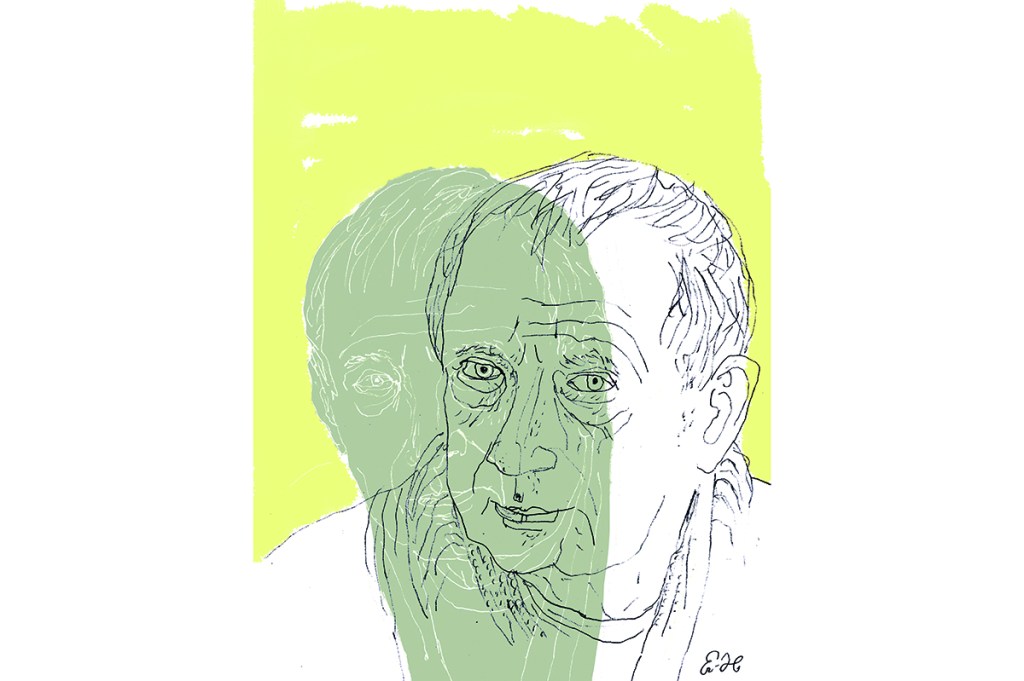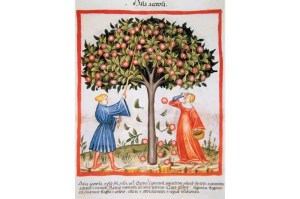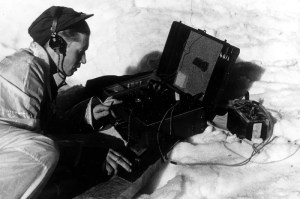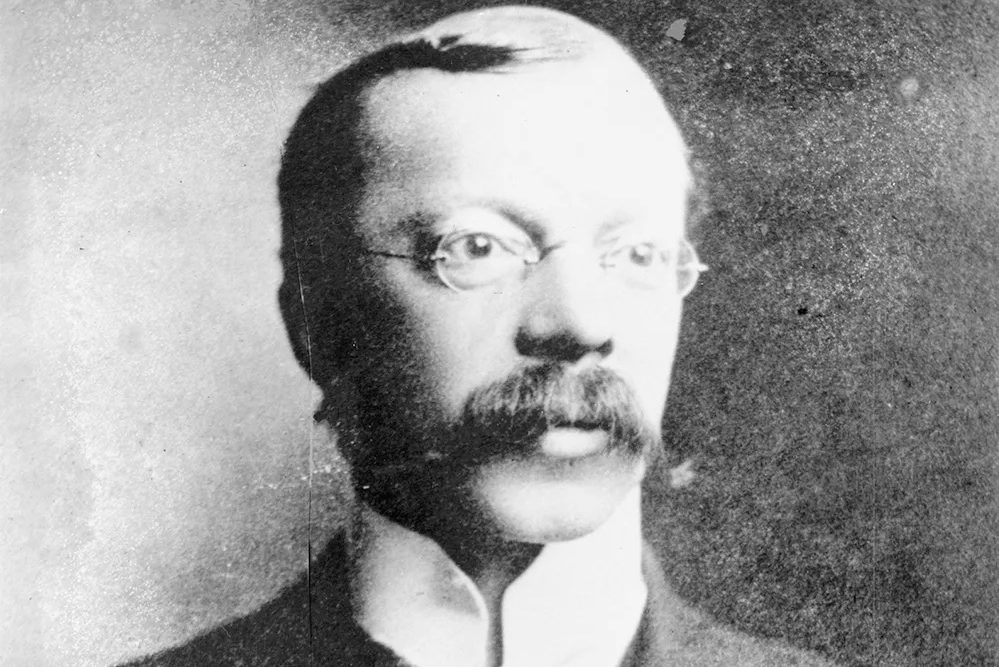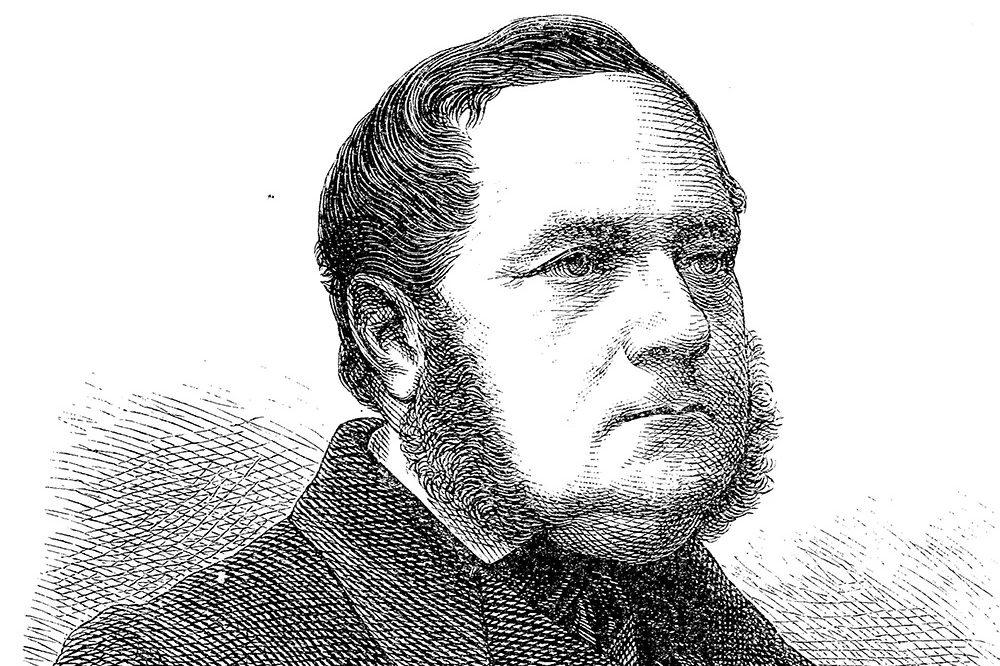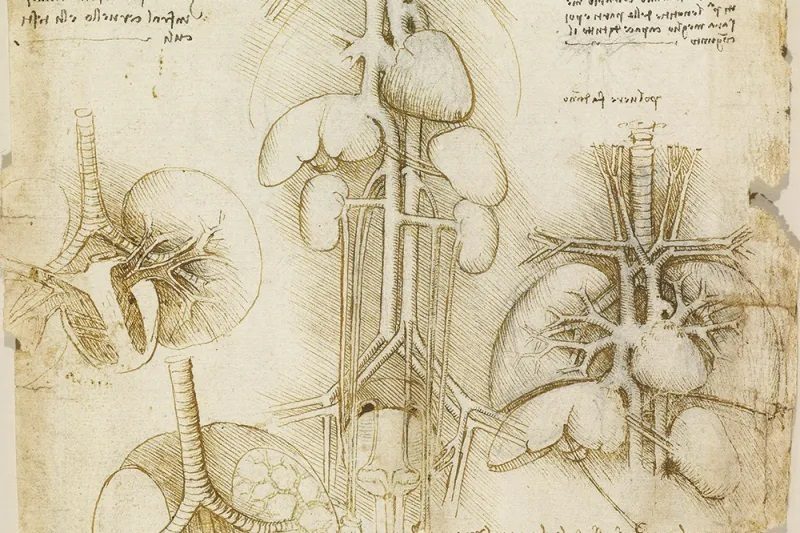Usually, it’s poets who chance their arm with a novel. Rare is the established novelist who switches to verse. This could be because, while poetry is technically daunting with its rhyme and meter, the novel is apparently the easiest of all forms, without even the conventions and directions of the most basic screenplay.
In the nineteenth century, Thomas Love Peacock was the most successful poet to turn to fiction, but in our own times poet-novelists rank among the most talented: Sylvia Plath, Ben Lerner, Vikram Seth, Craig Raine, Grace Nichols. Now, after half a century of writing superb novels, the English author Paul Bailey, well into his eighties, is publishing his second book of poems. He keeps good company with Thomas Hardy, who gave the world poetry the equal of his fiction over a quarter of a century after his first novel appeared.
This collection, Joie de Vivre, follows Inheritance (2019). It should be conceded at once that, while Bailey is acknowledged by his peers to be one of the finest living novelists in the language, he is a capable rather than canonical poet, in the way that Federer can probably play a pretty good game of golf. Bailey is not Seamus Heaney, nor would he want to be. But the poems never fail to entertain and then to provoke the reader’s admiration for their boldness and authenticity. Bailey is an original, his own man with no poetic pedigree. His integrity lies in his not caring what you think of him.
His poems differ from the novels in that they are highly personal, while the fiction has garnered well-deserved plaudits over the years for the variety of its characterization and its extraordinary empathy. Written while the author was still in his twenties, Bailey’s first novel, At the Jerusalem, was set in an old people’s home. My favorite remains Old Soldiers, with its chameleonic central character who inhabits separate personae in different London pubs which, I’ve often wondered, might be how Bailey himself assembles his composite cast.
The frequent comparisons made with Dickens are just. His novels are the most enriching reads with a kind of golden glow about them. As with the late Carol Shields, genius irradiates his studiedly unassuming accounts of small, inconsequential lives with a lambency which, while cheering, is never false. To an extent this is true of the poems, although the general impression of the latter is of Jean Genet enjoying a cup of tea with Santa in the toy store’s Christmas grotto, while eyeing up the elves over the rim.
The fiction is on the whole not discernibly by a gay male author, although Bailey is all those things. The same could not be said about the poems. They are barely mediated experience. They are undressed raw wounds. They deal with loss, lust and loneliness, and the imminent prospect of death. In Inheritance they feature a gondolier looking for a blow job from his passengers instead of the fare (the poor chap has to make do with the correct tariff and only the milk of human kindness) and Bailey’s Muslim friend, Mohammed, known to his johns as “Pete”; he decides the affair has to end as he marries and then comes back for a quickie years later. Ditto Bill the American. The by-then desperately ill Bailey later writes, “But what the fuck, I’m here —/ Sustained by medicine and metal.”
Who else could elicit pathos and a laugh by writing an ode to his stoma bag? Or make you giggle with his account of how his friend Jean, once a dominatrix in a Bayswater basement, reports that a chubby lesbian called Karen, her predecessor in the degradation dungeon, would give her masochists the assurance of impending value by greeting them with “Achtung!”
Graham Greene mentions the cafard that hangs around a writer’s life and especially a novelist’s — the sense of dissatisfaction and failure, however much the world admires the work, of jaundice, boredom and cynicism from ruminating too much about human nature. Bailey’s poems are the perfect chemo to this occupational malignancy. They are never self-pitying, but defiantly affirmative of life even while their author is in the grip of a dread illness. If the novels are pearls, the poems reveal the original speck of grit around which they formed.
Bailey is the antithesis of the propositions in Auden’s wonderful poem “The Novelist.” Here Auden says poets are, properly ranked, glamorous figures, dashing as hussars, but the poor novelist must struggle out of his “boyish gift” and learn to be “plain and awkward,” “among the Just/ be just” and among the “Filthy, filthy,” too. But it’s Bailey’s fiction which is nacreous, iridescent art and his poems which are enmired in the world’s vexatious spatterings.
Auden’s novelist struggling out of his boyish gift is surely Christopher Isherwood. The young Bailey was an early recipient of the E.M. Forster Award (Heaney got it the year after), which bestows on the lucky winner a surprisingly pleasant amount of dollars from the royalties of Forster’s posthumous and only overtly gay novel Maurice. Isherwood was bequeathed the copyright in Morgan Forster’s will (and in turn bequeathed Goodbye to Berlin to Peter Ackroyd) before setting up the award, which is administered in the US.
Bailey had the priceless good fortune to be driven round Los Angeles by Isherwood. As they passed an imposing mansion, Herr Issyvoo informed the youthful prizewinner in languid tones, “That was Thomas Mann’s house.” As Bailey pretended to be politely impressed, Auden’s legendary onetime boyfriend sighed, “Yes, that one had the grands,” meaning success had gone to Mann’s head. (This is a glimpse of truth — Isherwood, something of a social climber, was at pains to be unfailingly sycophantic to Mann in real life.) Not so Bailey — the poems and the novels run from pretension in the way that a type O positive virgin in a negligee might flee Dracula.
The literary lineage, however, is definitely impressive. Isherwood remained on lifelong terms with the bisexual creator of Tadzio (the beautiful boy in Death in Venice) while Auden “married” Thomas’s daughter Erika Mann. Bailey himself was friends with “the stately homo” Quentin Crisp and with Angus Wilson, who met the pederastic San Francisco writer Arthur C. Clarke (author of 2001) in Ceylon while researching As If by Magic.
Wilson reported to Bailey that Clarke had not emigrated for the fish curries or world-class scuba-diving. Instead, he reckoned that jail loomed as a certainty if he remained in England. Francis King, the late man of letters, was from an earlier generation but in the Bailey orbit. The kindest person, with an antique upper-crust accent, he led a lurid closet life but generously helped many a young writer — including this reviewer — to climb the rungs of a precarious ladder.
King knew Isherwood, Auden and Stephen Spender, while those three amigos knew Morgan Forster. King and Forster in turn knew J. R. “Joe” Ackerley (who kept them informed by letter of his trysts with Greek teenagers, the ensuing walks of shame past hotel reception and finally the visit by the Athens constabulary) while Forster knew Bosie — Oscar Wilde’s lover, Lord Alfred Douglas — who in turn knew all the other minor Uranians but not, I fervently hope, Cardinal Newman. The long-descending line, before which one genuflects in awe, confirms what I have always suspected: gay authors revel in a rambunctious oral tradition so fecund the straight will find it hard to swallow in entirety. I wish Alan Bennett would write another tragicomedy about this half-world.
I do regret Bailey has eschewed rhyme, other than the stood-slanting one in the name of Spence Clench, the heterosexual gay porn actor in the poem “Employment,” whose wife is Charlene and children Jake and Jolene.
I sympathize with the American New Formalists who want to bring back iambics, meter and complex line and rhyme schemes. I detect no reactionary political subtext in this. Why can’t the classic be press-ganged into the service of the revolutionary? Yeats and Auden are usually cited as the twentieth-century poets most proficient with traditional rhyme, but I give the prize to Auden. Other prodigies might be Derek Walcott, lampooning that famous Trinidadian novelist “V. S. Nightfall” (he rhymes it with “bawl”), or the anonymous wit who wrote “’Twas on the Good Ship Venus” (“The figurehead was a nude in bed.”)
I am, however, baffled by the inexplicable veneration in which those rhymesters Philip Larkin and (only slightly less so) John Betjeman are held in Britain. For me the pair are trite, dilettante “merchant bankers” (Cockney rhyming slang), corroded by their own parochial frivolity. My prize for best rhyme since Auden goes — failing Mr Bailey’s entry submission — to Grace Nichols, the Guyanese-British writer. Just four immortal lines, using the simplest words, about the Middle Passage and its cultural aftermath, which you feel (wrongly) were inevitable and for which she was merely the vehicle. The center weak-rhyming line sets up the triumphal last:
I have crossed an ocean/ I have lost my tongue/ from the roots of the old one/ A new one has sprung
Talent like this makes a mockery and insult of what Britain calls positive discrimination, and in the States affirmative action: misconceived measures which only exalt the mediocre and devalue the worth of the truly talented. I do admit Nichols spent much of her poetic career languishing in the relative obscurity Bailey once did as a novelist — no Oxford Professorship, no Laureateship (although who wants to measure out bespoke lines for royal occasions?) — until she received a Queen’s Medal (for poetry, that is) last year. Mindful of the gay fandango danced in the preceding paras, this will constitute a happy finish.
This article was originally published in The Spectator’s March 2022 World edition.



